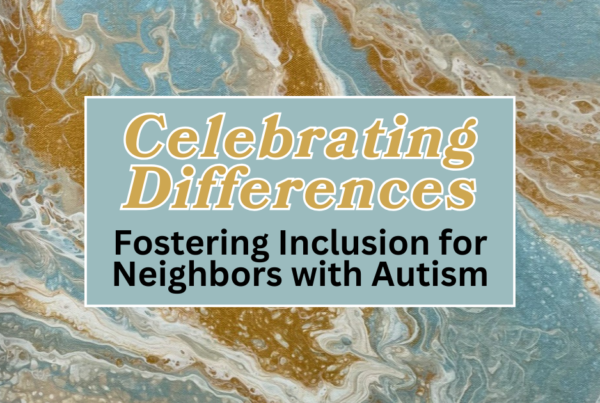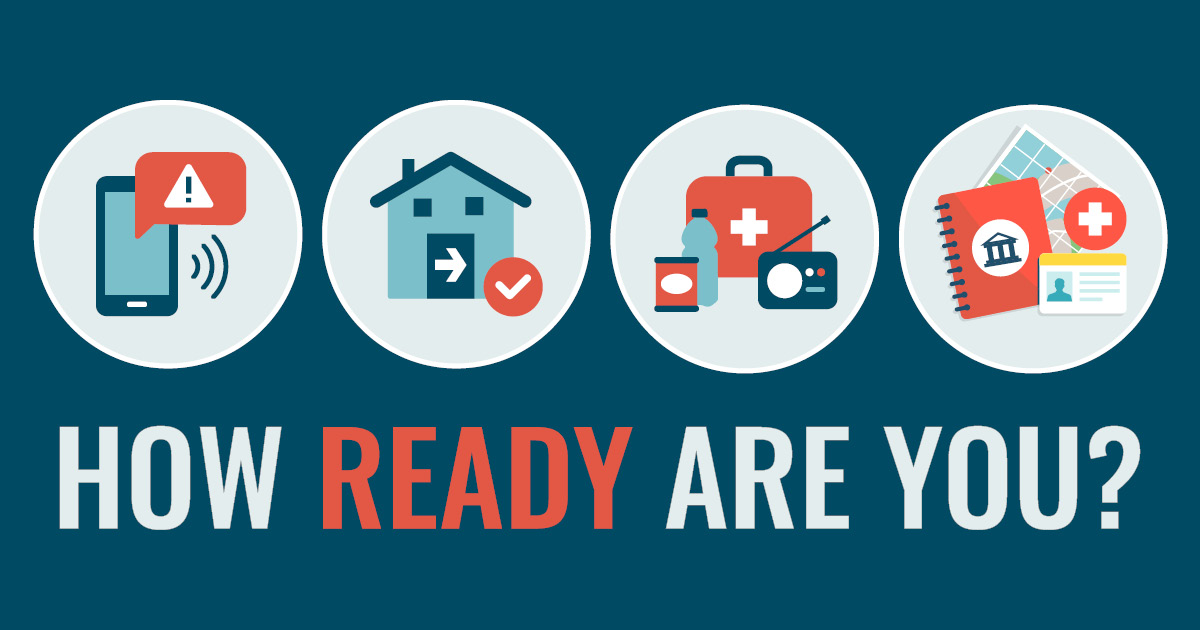
Prepare Your Family for Earthquakes, Wildfires, and Future Pandemics
Looking back to March 2020, how prepared were you for what was to come?
More than 15 months of isolation, masks, gloves, social distancing, and quarantining were likely not on anyone’s radar at that time, but it happened. Remember stockpiling toilet paper, food, and cleaning and disinfecting supplies when access to stores was limited and shelves were empty? That happened. These are just some of the memories that are easily forgotten or diminished when thinking about disasters or widespread emergencies.
Western Washington is growing more susceptible to multiple disrupting events. We need to be ready. A major earthquake, a western Washington wildfire, or a recurrence of a pandemic are a few examples that would rival the timeframe of the current pandemic for recovery. Are you prepared for the next one? Let’s look at these examples and see what might happen and how you might prepare.
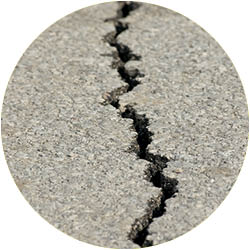
Earthquakes
In the case of a 9.0 earthquake (similar to the 1700 Cascadia earthquake), residents of the Issaquah Highlands would likely shelter in place. Doing so would require a supply of water, food, possibly temporary shelter, and medical supplies. Washington state recommends preparing to spend at least two weeks on your own before any significant help arrives. Keep in mind that power could be disrupted, roads and bridges may be impassable, communications will be minimal (no phones or TV), and transportation would be restricted.
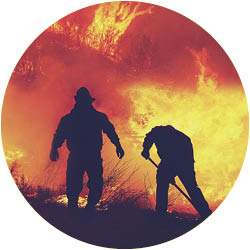
Wildfires
If a wildfire impacted Issaquah Highlands, we may be told to evacuate immediately and without much warning. Have a “go bag” ready with the essentials of food, water, clothing, important documents, and other valuables, and know your evacuation routes. You may need to stay in a shelter until you can return to your house or, in the worst case, find another place to live. We have all heard horror stories from people displaced by wildfires over the past few years, and it could happen here.
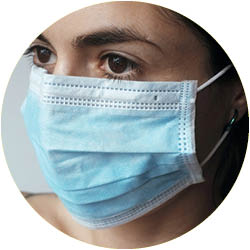
Pandemic Recurrence
This is fresh in our minds, so stock up on everything you wish you would have had sixteen months ago. How can we prepare for the next pandemic knowing what we know now?
Fortunately, there is a wealth of information online to help you prepare for these and other emergencies. It will take more than a day or two, and it may take months or even years (my personal experience), but now is a good time to start. The best place to begin is Ready.gov, which has a list of potential disasters and tips to prepare for each.
While it is worth reading through the specifics of how to prepare for each type of disaster, it’s important to note the core preparedness tips that apply to any of them:
Be informed
Use the resources listed on Ready.gov to learn what to expect and what you can do to prepare for emergencies.
Make a family plan
Once you have an idea of what is involved in these disasters, plan ahead. Will you shelter in place or evacuate? How will you communicate? Where will you gather as a family unit from work, home, or school? Again, Ready.gov has examples to help you along.
Build a kit
Store a two-week supply of food and water, medical supplies, personal hygiene products, cash, and important documents. Don’t forget your pets need kits, too. Find more details on what to include in a kit at Ready.gov/kit.
Get involved
Consider joining a voluntary organization in your community, including Community Emergency Response Teams (CERT), Medical Reserve Corps (MRC), or Map Your Neighborhood. More information is available on Ready.gov or locally on the Issaquah Citizen Corps website.
Want more emergency preparedness tips? Head to our archives!
Find more emergency preparedness tips from Issaquah Highlands CERT Team 9 members and other community leaders here >>
Bob Otis is a CERT Team 9 member and Dahlia Park Resident.
As published in Summer 2021 Connections >>



